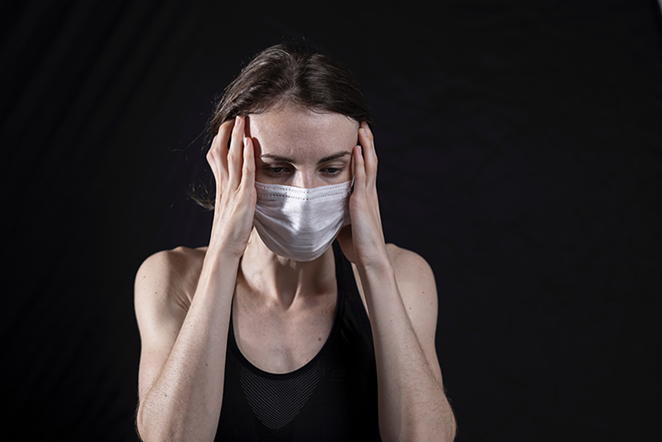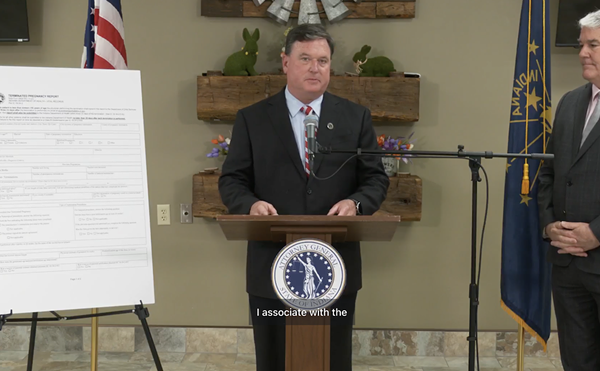
While infection with COVID-19 can cause everything from mild or even nonexistent symptoms to hospitalization and death, some patients who recover have lingering health issues as a result of the virus. They are known as COVID "long-haulers" or those with "long-COVID."
The National Institutes of Health (NIH) officially calls the condition "post-acute sequelae of SARS-CoV-2 infection" or PASC.
On its website, the NIH says the ongoing symptoms can "can persist for months and can range from mild to incapacitating. In some cases, new symptoms arise well after the time of infection or evolve over time."
Now, UC Health has launched the first Greater Cincinnati clinic specifically focused on providing care for those suffering from PASC.
“The UC Health Post-COVID-19 Clinic is for patients recovering from significant, lingering conditions of COVID-19 infection. The associated symptoms can be as varied as persistent shortness of breath or difficulty breathing, fatigue, impaired stamina, chest pain, palpitations, dizzy spells, exercise intolerance, wide-swings in blood pressure or impaired concentration,” says Dr. Charles Hattemer, a UC Health physician as well as the chief of Cardiovascular Health and Disease and the Mabel Stearns Stonehill Endowed Chair and Professor in the Department of Internal Medicine at the University of Cincinnati College of Medicine. “If a patient demonstrates symptoms like this 20 days or more after a COVID-19 infection, his or her primary care physician may consider an evaluation to determine if the patient may need specialized care at our clinic.”
Hattemer says the clinic will include multiple specialty physicians to help long-haulers.
But patients must first be diagnosed as suspected of having PASC by their primary care doctor and then referred to the UC Health Post-COVID-19 Clinic. A press release from UC Health says an initial consultation will then be held via telehealth with a cardiologist or pulmonologist, who will most likely order tests.
"The tests will be followed by a face-to-face clinic visit on UC Health’s Clifton Campus with a subspecialist best suited to each patient’s unique condition. The UC Health Post-COVID-19 Clinic includes subspecialists in cardiology, pulmonology, neurology, rheumatology, psychology and dermatology," reads the release.
In addition to providing care, doctors at the clinic will also be conducting research into PASC.
“As the region’s academic health system, we are uniquely positioned to conduct such research, and what we learn is translated to the patient and the care that is provided to them,” says head of the clinic Dr. Richard C. Becker in the release.
Primary care doctors who wish to refer their patients can call 513-475-8521.
Learn more at UCHealth.com
Sign up for our weekly newsletters to get the latest on the news, things to do and places to eat delivered right to your inbox.





